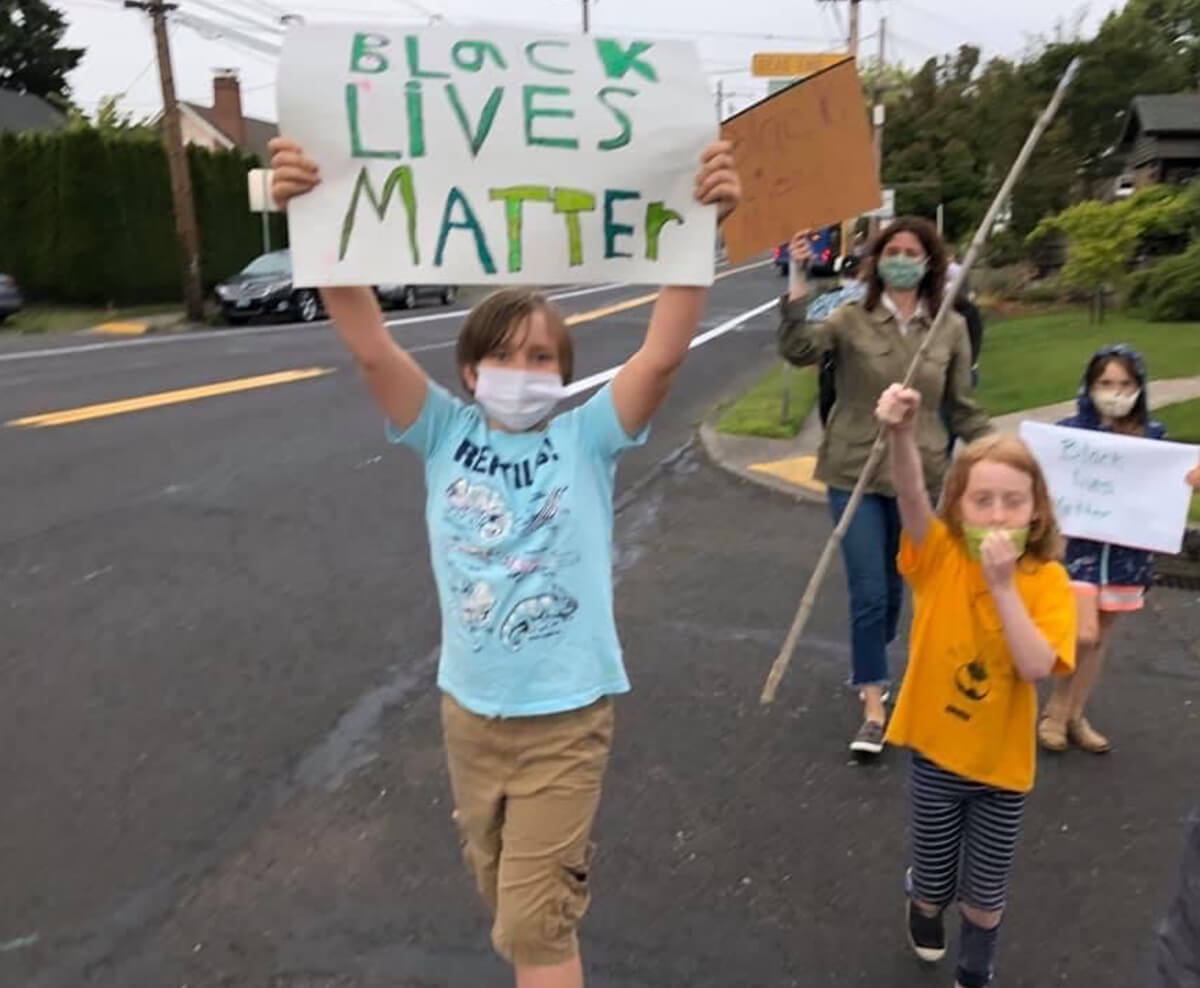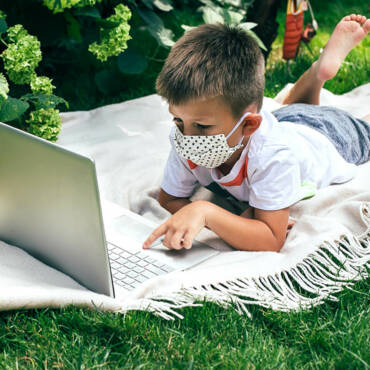Talking to Your Children About Racial Equality
Racism is a part of life that many adults avoid talking about, but even that is a privilege. For white parents, racial injustices and discrimination are considered taboo, something they wish to shield their children from for as long as possible. Black parents, People of Color and Indigenous families, however, do not have such a luxury. From the time their children are born, they must prepare them for the type of microaggressions and prejudices they have endured their entire lives.
By exploring how to teach your children about racism, you are already taking a step toward a better America. Although this is a weighty subject, it can be introduced at a young age and help your child grow into a more inclusive, understanding and educated ally.
For Children Under 5
Racial inequality isn’t easy to explain, and at this age, children do not even focus heavily on differences among races. Rather than highlighting differences, focus on celebrating them at home. Expose your children to examples of different families and cultures; there should always be an equal distribution of white, Black and POCI representation in their toys, books and the media they consume.
When you talk about racism, focus on the fact that it is important to be kind and fair to everyone. When children do point out a difference between them and someone of a different race, don’t shush them or tell them they’re rude. This is a chance to celebrate curiosity and openness; answer them and encourage discussion.
Affirm your child’s individuality, and let them know everyone is unique. Our differences are beautiful and help shape who we are.
Children Up to Age 12
Throughout elementary and middle school, children will begin to engage with people of other races. Racism and racial issues are part of the Colorado Academic Standards taught throughout our children’s K-12 education. So, there are plenty of organic opportunities to have conversations with your children. They may experience discrimination firsthand. Ask them about their experiences. Starting off the conversation can be as simple as, “Have you ever heard the word ‘racism’?” “What have you learned in school about ‘racism’ and the unfair treatment of people of color?” And see what they say. Likely, your child has already heard a great deal at school and through the internet and TV.
Younger children may not know the word, which gives you a chance to gently educate them. For a first or second-grader, you might say, “Racism is a word we use to describe being mean to people who are different than us because of their skin color.”
Talk about the importance of inclusivity, and do your best to educate your child through a variety of racially diverse toys and media. Equal representation can be introduced in extremely simple ways, such as buying a Black doll instead of a white one. The goal is to normalize racial differences and encourage open conversations about them from an early age. This prevents subconscious conditioning that teaches children any race different from their own is taboo.
Teenagers
Ask your children what they already know. Listen to their thoughts, validate their experiences and guide them toward understanding. Ask them questions, and help them work toward overcoming bias rather than scolding them for having any in the first place.
If your teenager is active on social media, talk about ways they can help spread awareness and amplify Black and POCI voices online. Make sure you also still monitor the content they consume and use both positive and negative examples as topics of discussion.
At Foundations Family Counseling, we are proud to support the Black Lives Matter movement. Equality to us does not mean silencing Black voices through uninformed tolerance and passivity; equality is birthed through education, cultural curiosity, celebrating diversity and amplifying oppressed voices. Through culturally competent and racially-informed therapy, we want to help everyone heal and grow from the past to create a healthier, more inclusive society.




